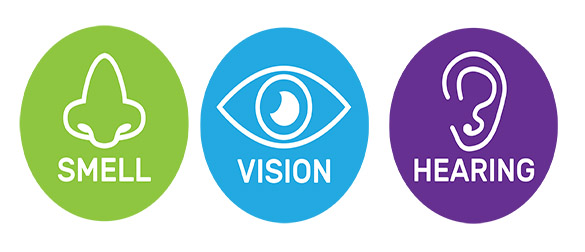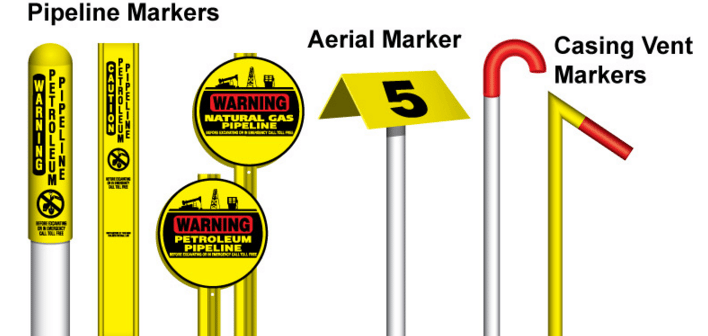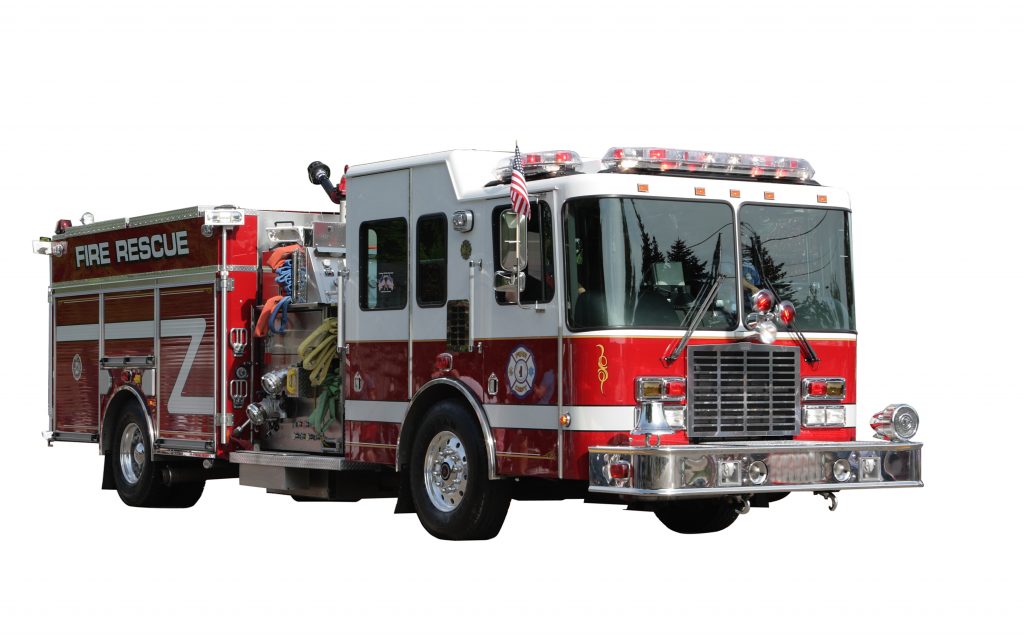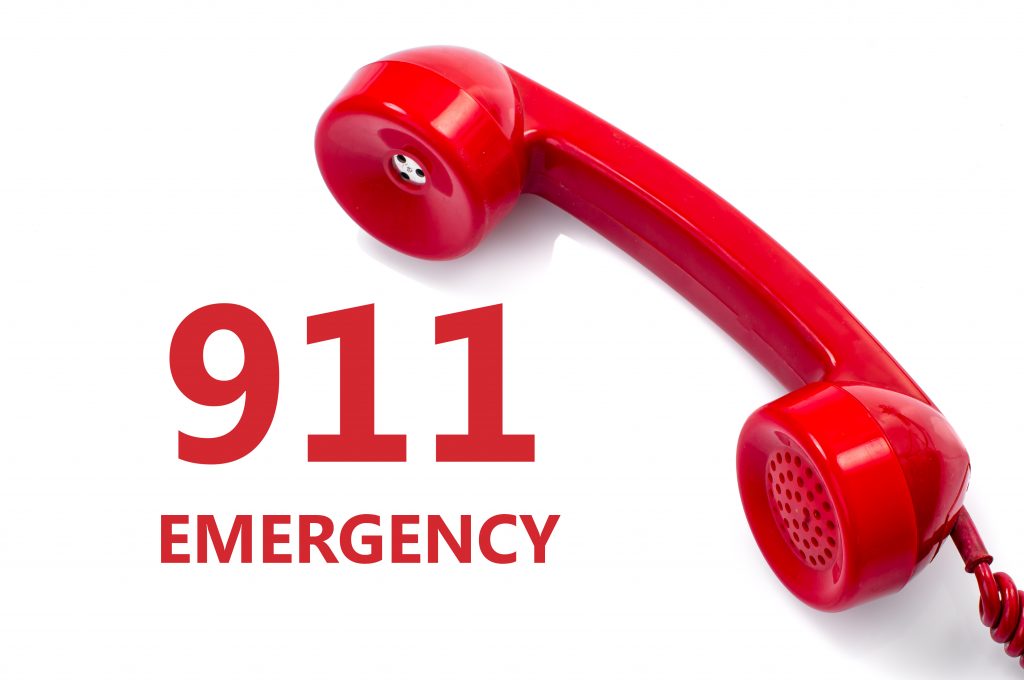Important Safety Information Below

“From Real People Who Care”
The U.S. has 300,000 miles of transmission pipelines. The U.S. Department of Transportation, Office of Pipeline Safety (OPS) has governance over your local Natural Gas Providers to ensure pipeline safety through public awareness, damage prevention and emergency management. Your Natural Gas Distribution Companies do not maintain gas piping beyond the customer’s gas meter. Therefore, it is important, as a customer, to maintain your piping, appliances and monitor for CO2 emissions inside your dwellings and businesses. Piping inside can be subject to environmental corrosion, which can cause leaks. Leaking natural gas inside your home/business can cause serious health repercussions if not maintained and monitored. All customers are advised to check their home or business piping and appliances periodically, by a licensed contractor, for corrosion and leaks. If an unsafe condition is found, repairs should be performed immediately.

Most Efficient Choice
Natural gas is used daily to cook with, generate hot water, heat pools, and heat our buildings at work, school, and homes. Natural gas has become the favored fuel to produce electricity with, in fact most power producers have cut back the use of coal in favor of natural gas for power production, as a clean and cost-efficient alternative. Companies and government agencies have been using it to power their fleet vehicles and city busses for years. Natural Gas has become the most cost efficient and better alternative to use for power generation because of its lower emissions and impact on the environment.

Safety First
Being prepared in the event of a natural gas leak, however unlikely, is the first step to safety. Natural gas is extremely flammable, hence any ignition source near a leak or in the area can be potentially explosive and must be taken seriously.
Important Facts:
We engineer and plan in partnership local agencies to ensure safe construction guidelines.
We monitor our pipelines 24 hours per day, 7 days a week.
We have Integrity Management Programs in place for all our pipelines.
We inspect our pipelines as part of our regular scheduled safety calendar.
We have Emergency Management and Excavator training programs implemented.
We provide public awareness and damage prevention material to our customers.
We partner and communicate with local police and fire departments.
Recognizing a Suspected Leak
The three senses to use to help recognize a leak.

Smell – If you smell a sulphur or rotten egg odor, this may be the mercaptan added to distribution gas to detect its presence if a leak occurs.
Sight – Natural gas has no color, but will cause vapor or frosting on ground may be visible at a leak site. It can cause dead vegetation, or dust and or flames from a hole in the ground.
Sound – If you hear a hissing or roaring noise along the roadway or elsewhere this could be a sign of an underground leak.
The Do’s and Don’ts if a leak occurs
Do leave for a safe area away from leak if you smell a sulfur odor or rotten egg odor, or if you hear a hissing noise.
Do call our emergency number to report suspected leak at 210-695-8781 and 911.
Do warn others in area to stay clear of leak.
Don’t attempt to fix a leak on your own if you encounter a leak.
Don’t use and ignition sources such as, lighters, matches, light switches or use cell phone/home phone in leak area. Don’t do anything to that can potentially cause a spark.
Don’t attempt to put out any fires, leave the area immediately and call 911.
Don’t try to use any valves to stop the flow of the leak, leave the area and call 911, then Grey Forest Utilities at: 210-695-8781.Dig Safely
If you plan to dig or move, call 811 at least two days before digging so the utilities can mark underground utility lines.
If you do not call and you hit an underground line, you could be hurt or killed. You may also be held liable for costly damages.

Here are some simple excavation safety steps:
Survey and Mark – Survey proposed excavation areas and mark the dig sites in white paint
Call Before You Dig – It is the law! At least two working days (48 Hours) prior to starting work. Call 811
Wait the Required Time – Allow the DIGTESS to dispatch too all Utilities Services in area the time to locate and mark the lines
Respect the Marks – Maintain visibility of the marks and safely follow them when digging
Dig with Care – Hand excavate within 24-inches of each side of the lines
Digging Safely around Pipelines
State Laws require you to maintain a minimum clearance, or tolerance zone, between the point of excavation and a marked pipeline. Even the most minor damage to a pipleine can have serious consequences. If you cause or witness even minor damage to a pipeline or its protective coating, do not cover it up or attempt to repair the pipeline. Evacuate the area and call 911 and the pipeline company immeadiately. The tolerance zone is defined horizontal space from the outside wall or edge of an underground line or pipe. The size or width varies by state and is defined in the individual state One Call legislation.

If Your Equipment Contacts a Gas Line:
• Leave equipment; don’t turn off engines or generators
• Warn others and leave the area quickly
• Do not operate any gas pipeline valves or stop the flow of gas
• Leave the excavation open
• In a natural gas emergency, call 911, then Grey Forest Utilities at: (210) 695-8781.

Digging safely begins with you calling 811
The call is FREE, EASY and the it’s LAW HERE IN TEXAS.
When your planning an excavation project, call 811 at least 48 hours (2 working days) prior to the planned start date of your project.
Examples of project that require a call to 811 include:
Installing fencing
Installing a pool
Landscaping
Installing an irrigation system in your yard.
811 will require you to provide the type of project including location and address. They will also accept GPS coordinates if you provide them with nearest intersecting streets and/or highways.
811 notifies most underground utility providers, who in turn will send trained locator personnel to mark the approximate locations of your utilities. After your utilities have been marked you will know you are using safe digging practices to protect yourself, the community and environment from injury and save lives!
Laws in Texas include:
Utilities Code Title 5, Chapter 251
Texas Administrative Code (TAC) Title 16, Part 1, Chapter 18

How to recognize the location of a pipeline
Markers are in the right-of-way and indicate the approximate location, but not depth, of a buried pipeline. Markers are not present at all location, but they can be found at road crossings, fence lines, and street intersections. These markers will indicate product being transported by the line, the name of the pipeline operator and their phone number, in the event of an emergency.
Information for Emergency Officials
Steps necessary to protect the public during a pipeline emergency. Below is only a guide to use as suggestions of actions in case of a pipeline emergency.

Securing the site:
Evacuate nearby homes, businesses, and schools of people on foot prevent the use vehicles or other ignitions sources within area. Put up barriers to prevent access to the emergency site.
Prevent ignition of the natural gas:
Re-route traffic, shut off electricity and residential gas supply by qualified individuals as precaution to prevent ignition sources at the emergency site. Contact the natural gas pipeline operator. Pipeline markers will have the operators name, phone number and type of product in pipeline. Don’t operate and valves which could escalate the emergency. Pipeline operators will dispatch qualified personnel to the site in response to help and aid in the emergency. Pipeline operators will take appropriate actions to respond to the emergency. This can include starting or stopping pumps, opening or closing valves, as well as other safety measures to minimize the impact of the emergency. Pipeline operators will make their Emergency Response Plan information available to all emergency responders upon request.
911 Telecommunications

911 dispatch operators play one of the most critical roles in an emergency response to a pipeline incident. The more information you can provide can ensure proper personnel and response to the incident is dispatched. It can save lives, protect infrastructure, homes, businesses and the environment. Below are some guidelines to follow when report a pipeline incident. Gather the pipeline operator information, if possible. Know which response is required based upon the product involved in the incident. Wind direction, a major key to proper reporting. Alert 911 of other ignition sources around the incident. Dispatch the appropriate emergency responders. Contact the pipeline operator.
Excess Flow Valve (EFV) Notification
Federal Regulation (49 CFR – § 192.383(d)) regarding gas pipeline safety requires natural gas utilities to notify customers of their right to request installation of an Excess Flow Valve (EFV*) on their existing gas service line.
Safety Benefits
You may request that Grey Forest Utility install an excess flow valves (EFV) on the gas line to your property. EFVs are mechanical shut-off devices that can be installed in the gas pipe running to the gas meter at your property (the “service line”). An EFV is designed to stop the flow of gas if the service line is broken, for example, by an excavation accident. Stopping the flow of gas from a broken service line significantly reduces the risk of natural gas fire, explosion, personal injury and/or property damage.
EFVs are not designed to close if a leak occurs beyond the gas meter (on house piping or appliances). EFVs also may not close if the leak on the service line is small. If you add additional gas appliances, for example, a pool heater, emergency generator, etc., the additional gas flow may cause the EFV to close. If you notify us that you want an EFV we will contact, you to set up a mutually agreeable date when we will install an EFV on your service line. If you would like to have an EFV installed in an existing natural gas service line, such costs, if any, will be the responsibility of the property owner. Please contact your local office for additional information.
Información disponible en español, llame al: 210-695-8781 o 210-695-5980
Courtesy of APGA.org
